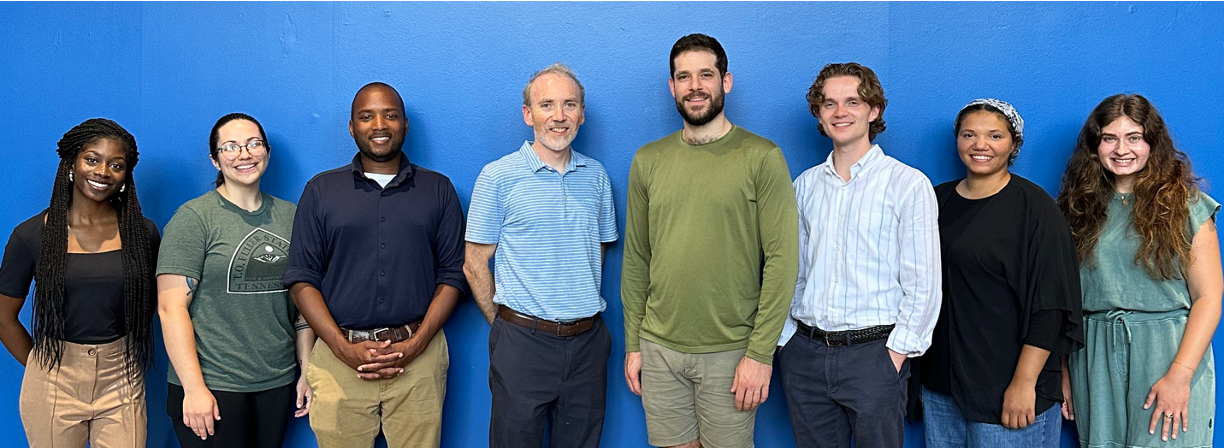Department of Psychology
Health Addiction and Behavioral Intervention Team (HABIT)

The HABIT Laboratory conducts research related to addiction and health that is consistent with two primary goals. First, we strive to conduct research that addresses important public health priorities and reduces health disparities. Alcohol and drug use disorders have been among the leading causes of morbidity and mortality in the U.S. for decades, and we are currently in an addiction crisis that is historically unprecedented and results in several hundred thousand deaths per year. Emerging adulthood (ages 18-30) is an especially critical time for brief intervention efforts, as patterns of alcohol and drug use during this critical developmental period can set the stage for a lifelong pattern of alcohol and drug use disorder. At the same time, alcohol and drug use patterns among emerging adults are malleable and can be influenced by brief interventions.
Over the past 20 years we have conducted numerouscontrolled clinical trials demonstrating that brief interventions incorporating motivational interviewing and personalized feedback can reduce risky drinking and drug use among emerging adults (including college students, students who are not college students or graduates, active duty military, and military veterans). These interventions have been adopted in many settings across the country often replacing previous models of "alcohol education" that were not efficacious.
We have conducted a series of NIAAA-funded studies to improve standard brief alcohol intervention by adding a behavioral economic supplement that encouragesengagement in constructive alternatives associated with delayed reinforcement, and have tailored and evaluated this approach with a variety of emerging adult populations.We are also interested in applying motivational interviewing and behavioral economic approaches to enhancing alcohol and drug use disorder treatment for general adult populations, including individuals with opiate use disorder and members of marginalized and minoritized populations.
The second overarching goal of the HABIT Laboratory is to conduct applied clinical research that is influenced by basic behavioral and biological research (e.g., translational research) and contributes to the overall goal of improving our scientific understanding of the determinants of addictive behaviors. For example, we have used behavioral economic theory and basic laboratory research to guide our applied research on substance use disorder etiology, assessment, and prevention.
Although we are primarily interested in conducting research related to alcohol and drug use disorders, we are also interested in studying other health-compromising behaviors such as risky sexual behavior and smoking, as well as health-promoting and goal-directed behaviors such as exercise, social connection, hobbies, and community engagement. We are also interested in understanding how risk factors such as impulsivity, high alcohol demand or reinforcing value, and comorbidity (depression, PTSD) are related to both poor treatment response and the development of chronic addiction.
